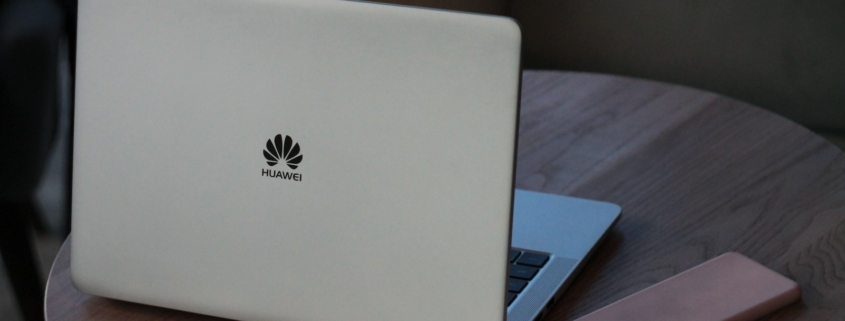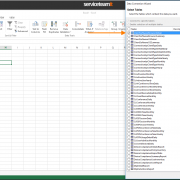Huawei Cloud: Huawei is focusing on its budding cloud business, which still has access to US chips despite the sanctions against the company, to deliver profits. The Chinese group’s cloud computing business, which sells computing power and storage to companies, including giving them access to AI, is far behind Alibaba and Tencent, the market leaders in China.
However, it is growing rapidly and in January Huawei put Huawei Cloud unit on an equal footing with its smartphones and telecoms equipment businesses. A person at a Chinese supplier to Huawei said the cloud business was key to Huawei stabilising in its domestic market because Beijing would increasingly support the company through public cloud contracts.
Several people involved in Huawei cloud business said the unit was stepping up its offerings. “We will continue to provide customers with a package of [cloud] services and products,” said a person at Huawei familiar with the strategy. “The quality of the chips in it may not be as good as before, but for the other products that are not impacted, we will offer something with a little better quality, and the customers can accept it.”
The change in focus was needed because the outlook for Huawei’s smartphone and other consumer products unit was “hopeless” in the face of a US ban that will choke off its access to mobile chips, said a person familiar with the business.
The consumer unit was responsible for half of Huawei’s $122bn revenue last year.
Meanwhile industry executives and analysts said that suppliers of semiconductors needed in cloud computing were still allowed to ship to Huawei, and other components were available on the open market. “Intel has been the supplier of the main central processing unit for Huawei Cloud servers as it secured a licence last year that allows it to continue to sell to Huawei,” said an industry insider.
After the US Department of Commerce added Huawei to a list of companies barred from doing business with US companies last year, hundreds of enterprises applied for temporary licences exempting them. Despite rules that the US government imposed in May and on August 17 prohibiting the sale of any chip designed or manufactured using US technology or equipment in any transaction involving Huawei, those licences remain in force.
Industry experts said that for those Huawei suppliers, the exemption had become meaningless because the latest rule bars the companies that manufacture the chips from shipping to Huawei. But some chipmakers with fabrication plants of their own got licensed. The industry executive and two analysts said Intel was among them. The Department of Commerce does not publicise which companies receive licences.
Intel confirmed it has licences to ship to Huawei. If Intel CPUs remain available, Huawei Cloud could use them to replace the Kunpeng and Ascend, its cloud CPUs developed in-house based on designs from British chip company ARM which can no longer be manufactured because of the recent bans.











Leave a Reply
Want to join the discussion?Feel free to contribute!